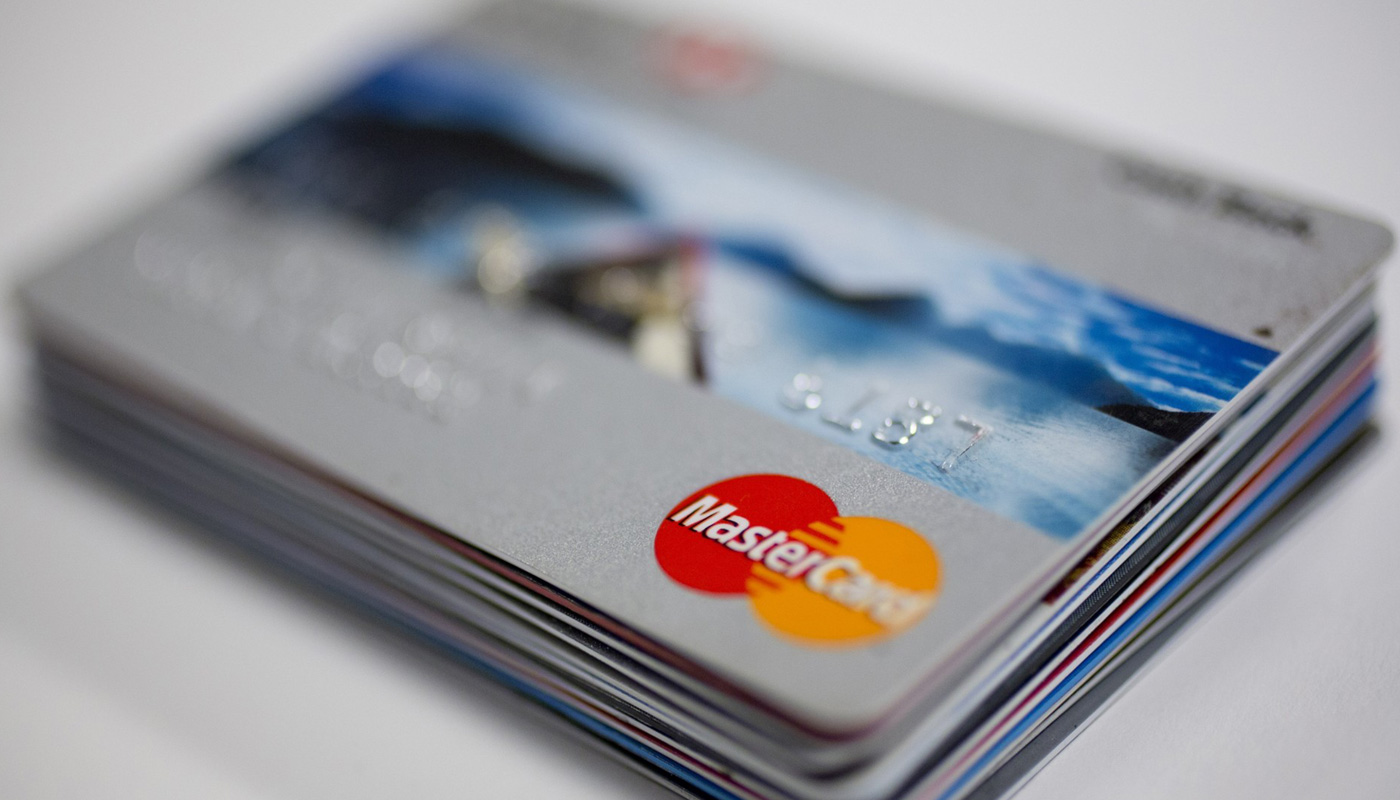by Mawer Investment Management, via The Art of Boring Blog
In 1968, researchers from Stanford University stuck a marshmallow in front of a four year old girl and gave her a choice: eat the marshmallow now or wait 15 minutes and receive TWO marshmallows. If the child succumbed to temptation, she would be among two thirds of her peers who were unable to delay gratification. If, on the other hand, the girl managed to wait 15 minutes, she would join a smaller group who had greater self-control.

Years after punishing over 200 children with whiffs of sugar and corn starch, the researchers found a correlation between self-discipline and success. The children who had demonstrated self-discipline were all performing well in their scholastic and extra-curricular activities, the typical hallmarks of teenager success. In comparison, the children who had submitted to temptation were exhibiting mixed performance. Many were failing. The “two marshmallow kids” were enjoying far more success.
(Joachim de Posada later replicated this experiment on children in Colombia. His findings were consistent with the earlier study, but Posada also managed to film the hilarious reactions of the children.)
Practicing self-discipline is critical for investors. As complicated as the investment universe can be, financial wealth ultimately comes down to a simple mathematical formula: the rate at which your after-tax savings compound over time. Of course, how much you save and how well you compound your wealth are both heavily influenced by self-discipline. Ever watch someone hold onto a stock long after the investment thesis has broken? Ever heard of the couple with the three BMWs and $50,000 in credit card debt? Self-control is a key determinant of financial health.
Overcoming Yourself
The problem is that humans are generally terrible at self-discipline. Evidence of our ineptitude can be observed in a wide variety of social problems including obesity rates, the heavily indebted positions of individuals with adequate incomes, and the relentless focus of society on short-term gains.
Now, this isn’t fully our fault – our biological hardwiring creates powerful incentives to follow our short-term whims. When a slice of warm apple pie sits before you after a long, tiring day – its aroma of cinnamon and sugar dancing under your nose – all the health rationale in the universe can float out the window. Our bodies crave sugar, salt, adrenalin, drama, rushes. We want the designer purse. The sports car. The romantic tryst. These cravings arise from our nature, but that does not make it right to surrender to them, much in the same way that it is not okay to beat up your neighbour because of his uncanny ability to play loud music at the precise moment when you want to sleep. Our limbic brain does not deserve to be master of our fates.
Physiology, however, is not the sole culprit here. While children may be excused for eating the marshmallow, adults generally have the cognitive ability to understand when they are doing something they shouldn’t. They simply make poor choices and let themselves get away with it. For example, the phrase “I can’t” is rarely true and is often just a cheap substitute for “I don’t want to.” Clearly, the challenge of self-discipline is also one of mindset.
So self-discipline is hard and at least two thirds of us are probably not very good at it. Does that mean we allow ourselves to be dictated by our impulses? No. If our physiology makes it difficult to have self-control, then the answer is to figure out ways to manage it. We must train our self-discipline muscle.
Strategies
While there are many ways to improve our self-discipline, there are three strategies that I have personally found to be particularly effective.
First, it is important to acknowledge that willpower is a finite resource. According to numerous studies, our degree of willpower diminishes throughout the day and with each decision made. If we assume this to be true, then it makes sense to conserve our self-discipline repositories for the most important decisions of our day. It might be sensible to embrace a choice-minimal lifestyle, in which all non-major decisions – such as where to eat and what to wear – are outsourced or minimized. As an example, you might copy Steve Jobs and wear the same clothes to work every day.
It may also make sense to front load the day with acts requiring the most self-discipline. Have something critical or creative that needs to get done? Consider blocking time to do it first thing in the morning instead of letting your email dictate your day. Want to exercise every day without fail? Hit the gym at 5:00 a.m.
Second, proactively structure your habits and routines. This might seem counterintuitive – don’t habits and routines involve automated processes that limit the exertion of willpower? But this is precisely why they are so powerful. When a routine or a habit is set, less energy is expended making decisions. They allow us to operate somewhat on auto-pilot. If proactively considered and structured, habits and routines can be used to automate behaviours that could otherwise be a drain on our willpower.
Third, take the time to predetermine processes. Often, lapses in self-control occur when a situation demands an immediate answer and there is no established evaluation process. In these cases, short-term desires and physiological urges can win out. But when a process has been put in place in advance, it is easier to make decisions that are consistent with our long-term goals and values. Want to avoid making major buy or sell mistakes in investing? Adopt a systematic and disciplined investment process. Want to ensure that your decisions are aligned with your values? Consider a Ben Franklin approach and pre-establish your values; then use a framework for each decision to ensure your choices and values are aligned.
Mastering Yourself
On a final note, there is something to be said about mindset. I learned this lesson last year, when I decided I was going to wake up at 4:30 a.m. every day so that I could train for a bike race and still get into work before the markets opened. I made the mistake of complaining to my colleague, Paul, about the difficulty in executing this new routine. Paul gave me one of his characteristically quiet, intense looks before telling me to just “make it happen.” My mouth automatically opened, ready to give an excuse, but I managed to bite my lip and soak in the simplicity of the idea.
“If you want it enough, you’ll make it happen,” he continued. “Decide what kind of person you want to be.”
I honestly did not know exactly the kind of person I wanted to be at that point in time. But I knew it was not someone who lost to the alarm. Somehow, I figured out how to rise, every day, at 4:30 a.m. And I made it stick because my pride was on the line.
In the Tao Te Ching, there is a passage that says: Mastering others is strength; mastering yourself is true power. Investors have much to gain by mastering their ability to command their emotions and urges.
Kara Lilly, CFA
Investment Strategist
Further Resources
This particular topic has long been a personal interest of mine. Over the years, I’ve pored through hundreds of books, videos and articles on the subject and have benefited greatly from the lessons learned. For those who want to explore some of these ideas in greater detail, I would highly recommend the following:
The Power of Habit: Why We Do What We Do in Life and Business, Charles Duhigg
Pulitzer Prize winning author, Charles Duhigg, produced a highly practical handbook on habits when he wrote this book. It is most useful for the framework that Duhigg describes – cues, routine, rewards – and the tips that Duhigg offers on how to hack your own behaviours.
Self Control: Dan Ariely at TEDxDuke
In this TED talk, famed behavioral economist, Dan Ariely, regales the audience with a 20-minute talk on self-control. It is funny, poignant and interesting.
I consider this book, now thousands of years old, to be the best self-help book around (much better than anything recommended by Oprah). For the unacquainted, the philosophy of Stoicism is a highly practical philosophy that was developed in the age of the Roman Empire primarily through the works of Epictetus, Marcus Aurelius and Seneca. This particular volume is a collection of letters that Seneca wrote to a “friend.” It is a classic read and a good introduction to Seneca, a polymath who excelled at great quotations like “it is not because things are difficult that we do not dare, it is because we do not dare that they are difficult.”
The Obstacle Is the Way, Ryan Holiday
For those who dare not venture into writing that is thousands of years old, The Obstacle Is the Way is a highly accessible introduction to Stoicism.
The Power of Less: Changing Behaviour with Leo Babauta
Leo Babauta’s blog, Zen Habits, has gained a cult-like following over the years for its highly effective productivity tips. In this guest post on Tim Ferriss’ blog, Babauta extols the virtues of the Power of Less. The twelve tips that he offers at the end of the post are detailed but excellent.
This post was originally published at Mawer Investment Management












